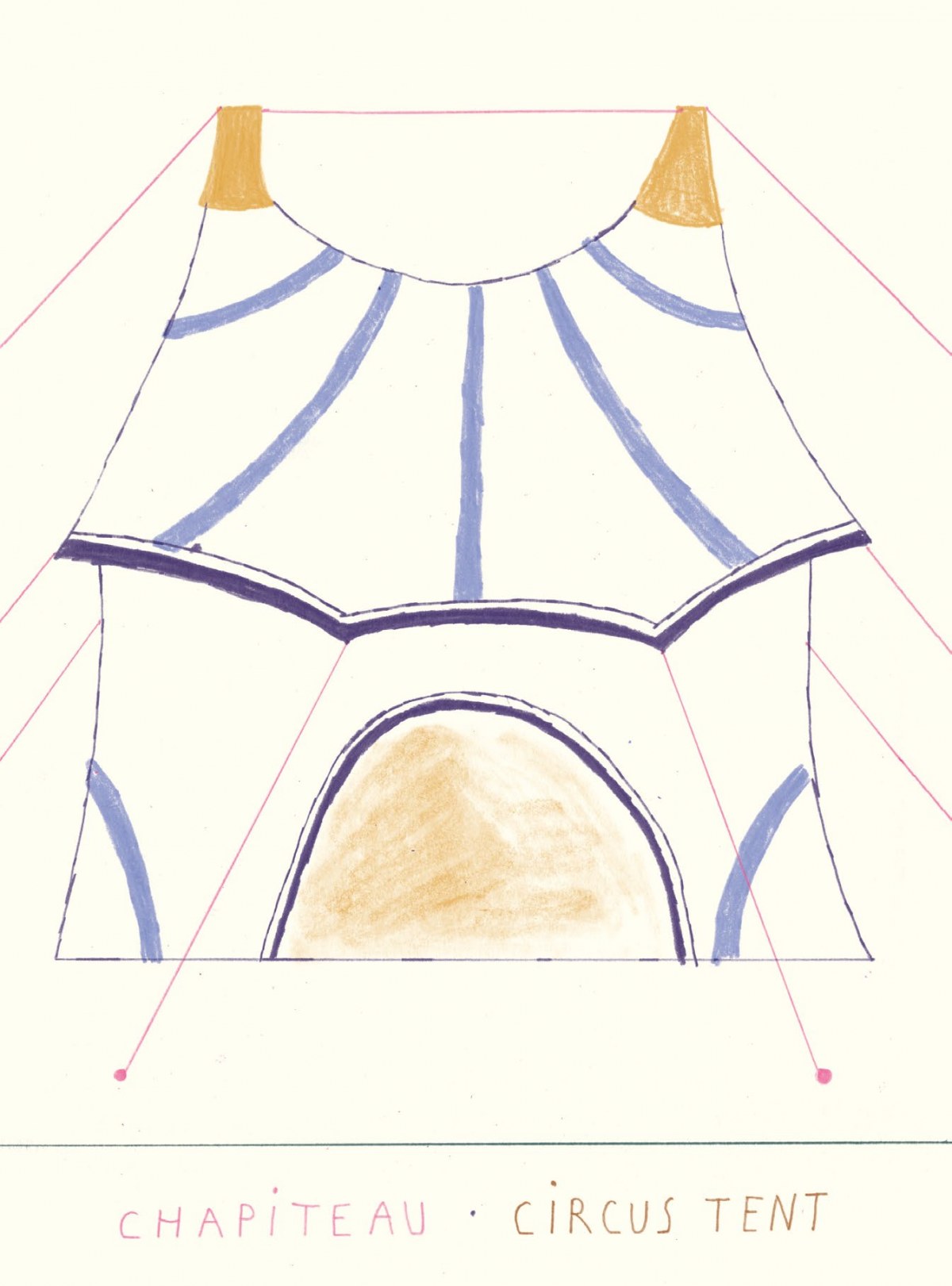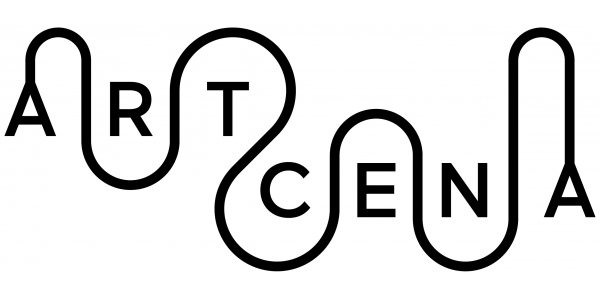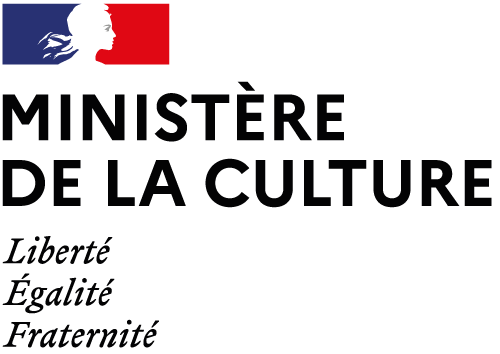20 STORIES OF CIRCOSTRADA - CELEBRATING THE 20TH ANNIVERSARY OF THE NETWORK: A new charter - an article by Verena Cornwall

My Circostrada journey began at the very beginning, when a small group of what were then a rare breed of organisations, national advocacy organisations for circus in Europe, met together. Through Circostrada
I found myself getting on a plane or train to different locations in Europe, to be with likeminded people, to see performances, meet artists, to chat about ideas, to focus on a common goal together for Circostrada,
as well as our own organisations’ missions and our own personal development. This 20-year journey has been a rare and special experience. To take this step of growth with these colleagues, many of whom have
stayed constant through the years, is life changing. One early Circostrada project I worked on dates back to 2010, when we began the development of a European Circus Charter for Hosting Circuses in Towns,
inspired by the success of a similar French Charter. We formed a Steering Group, and over a period of months met in person across Europe to develop the European Charter together, feeding in information
about our own localities. At that time, circus sites were disappearing across Europe as developers purchased public land and local councils faced demands to build social housing, and so the Charter felt like an important mission for Circostrada to be leading on.
It was also a project that would benefit both traditional and contemporary circuses, something close to my heart as I’d worked in both facets of the art form since the 1980s.
The goal was to create a flexible document that could adjust to local conditions, and having a Steering Group with members from different countries and backgrounds was crucial in thinking through its implementation.
Circostrada was also keen to share the Charter with the European Circus Association, an organisation that represents and preserves traditional circus culture and keeps a close eye on technical regulations
and standards. Whilst Circostrada and the European Circus Association rarely meet, the Charter was an opportunity to create a bridge between the two organisations and their members.
Today, the document still stands as a template for building relationships with local authorities, and ensuring good hosting conditions for touring circuses visiting a town.
What have I learned from being a Circostrada member and what has the impact been on organisations I’ve run? Being with fellow members enables me to be myself, to enjoy spending time with people on a
peer-to-peer level, to swap stories of success and failure, to see in real life what is developing in one location and marvel at that, even if it might not work in my own location, to share the delight at the development
of advocacy organisations, policies, projects, buildings or festivals that Circostrada members have achieved. Circostrada offers a CPD experience like no other. A place to test out ideas, to find new working partners,
to see a snapshot of the realities in other regions or countries, to put together working partnerships of value, to see great (and sometimes not great) street arts and circus performances. Being a Circostrada
member gives you confidence because there’s a family of around you to call on if you get stuck. What Circostrada has offered us all is a supportive network of people who really care about circus and
street arts, and a framework for the development of us as people as well as our projects, helping to push change across Europe. The list of resulting successes is large — and the ability to take risks is at the centre
of all of the journeys taken by Circostrada members.
Verena Cornwall is the Director of Circus Futures, in the United Kingdom.
John Ellingsworth works as a writer and editor in the cultural field. He has worked on projects and publications for Kulturrådet, IETM – international networkfor contemporary performing arts, Dansehallerne, ELIA – European network for higher arts education, Flanders Department of Culture, Youth and Media, EDN – European Dancehouse Network, and others. He also works as a data analyst and researcher for the cultural mobility network On the Move, recently authoring several reports on digital mobility and environmental sustainability in the context of cross-border collaboration.






write us: infocircostrada@artcena.fr